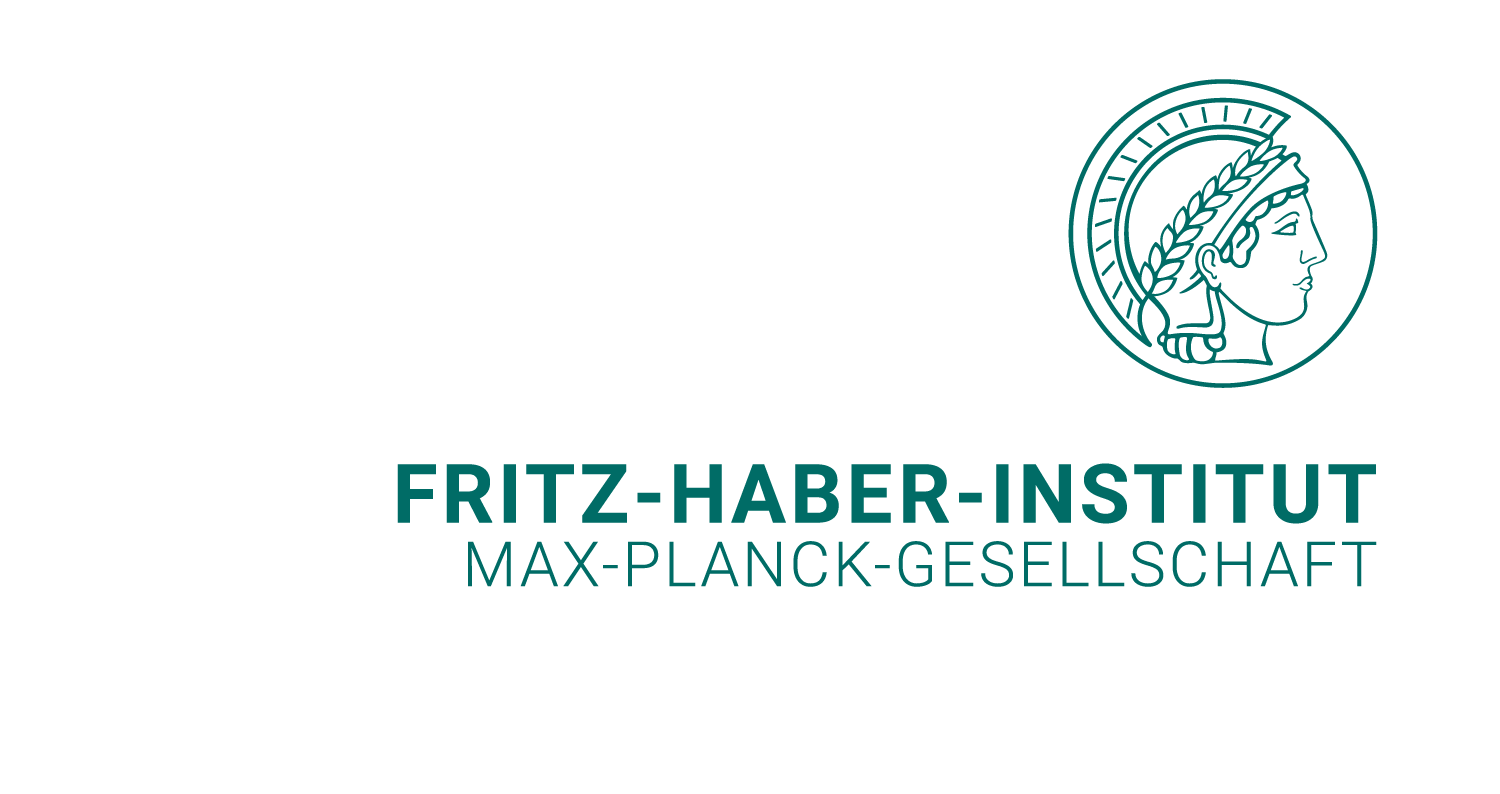Artificial intelligence-assisted discovery of thermoelectric materials
Kisung Kang
Open Positions
Electrical Transport of Strongly Anharmonic Materials and Thermoelectric Devices
There are job openings in the Artificial Intelligence (AI) assisted discovery of thermoelectric materials group at the NOMAD Laboratory on developing AI-guided workflows for charge mobility and electrical conductivity. This work builds on top of a recently published study in npj Computational Materials that proposes a new way of using AI to conduct a targeted screening for new materials. Instead of using physical/chemical intuition to screen out materials based on general, known or suspected trends, the new procedure learns the conditions that lead to the desired outcome with advanced AI methods. This work has the potential to quantify the search for new energy materials and increase the efficiency of these explorations throughout material space.
The current opportunities aim to further develop this concept and apply it to other aspects of thermoelectric materials such as electrical conductivity. Electrical conductivity is an important property for a number of applications ranging from the energy to the computer industry, but is currently under-studied due to the difficulty of properly analyzing these materials. For example to date, less than 500 materials have had their electrical conductivity measured experimentally. Interestingly, recent computational efforts have led to the calculation of tens of thousands of calculated conductivities using the Boltzmann transport method as implemented in the BoltzTraP code. However because this approach starts from the harmonic (phonon) description, it may not be valid for many materials. Here we will use a combination of the AI-guided workflows and the fully anharmonic, non-perturbative ab initio Kubo-Greenwood method to predict which materials will be good electrical conductors and validate the predictions with high-accuracy calculations.
In this project you will use density functional theory (DFT) approaches with the sure-independence screening and sparsifying operator (SISSO) method to generate a dataset of input primary features to learn an analytical expression for each of the given target properties. From here we will use feature importance metrics to learn which of the selected inputs are critically needed for describing the electrical transport in a material and develop AI-guided workflows for those properties. Finally this work will be used in a hierarchical manner to learn new models for the thermoelectric figure of merit (ZT).
For further information, please visit our group webpage or please contact purcell@fhi-berlin.mpg.de or kang@fhi-berlin.mpg.de.
Here you can find the general job offer.

